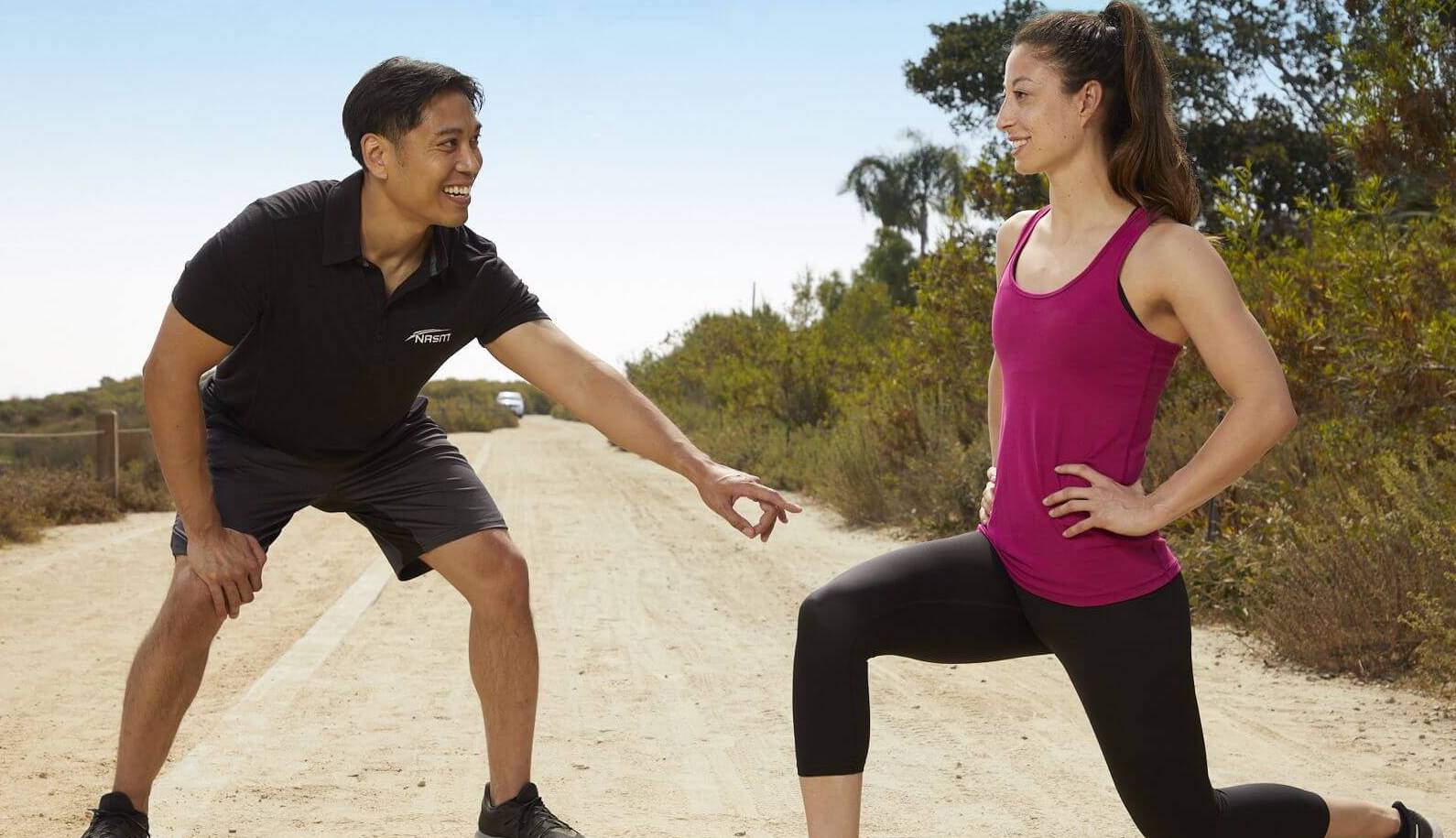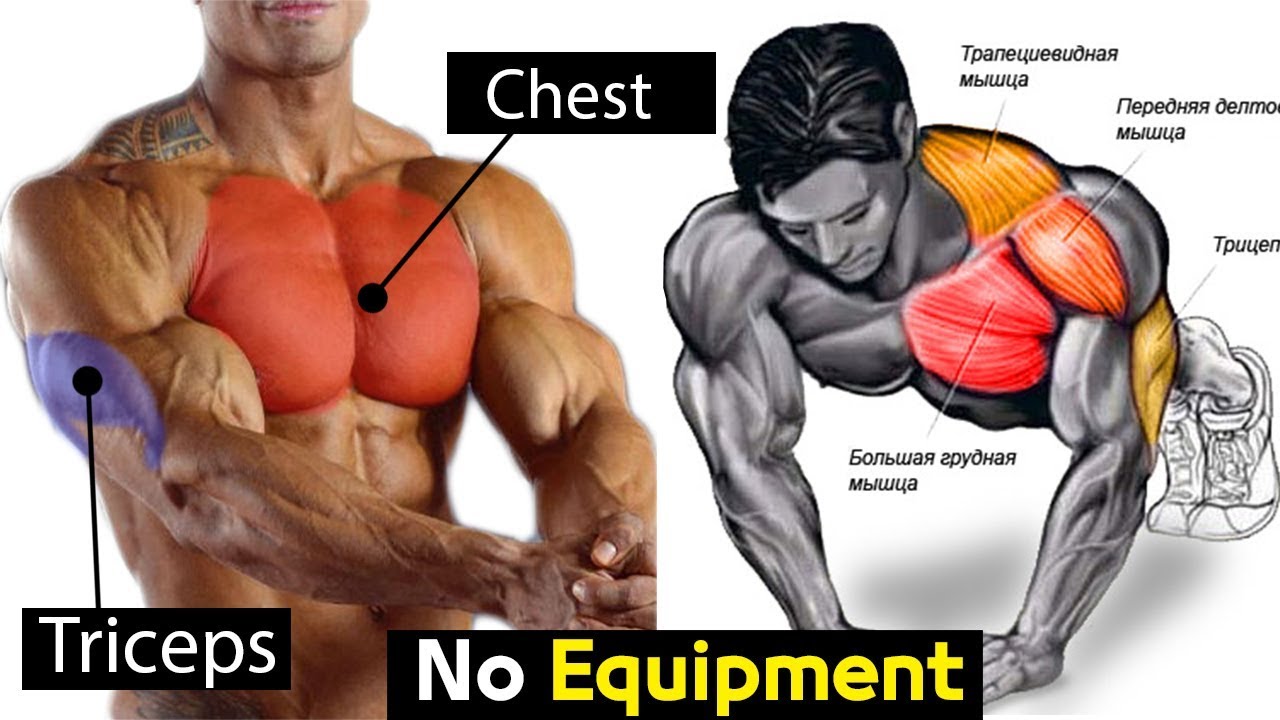
Morning workouts help increase energy, decrease calories, and regulate your appetite. They can also lower blood pressure. This phenomenon has been studied by the scientific community. However, there are some caveats to exercise in the morning. Even though there are many benefits, morning training may not suit everyone. For example, if you wake up at five in the morning, you may be tempted to skip the gym, but this can be a waste of time.
Exercise in the morning boosts energy
Exercise in the morning improves the body's energy levels and metabolism. Exercise helps to reduce the feeling of fatigue, increase attention and make better decisions. Morning workouts are great to reduce stress levels and body tension.

Burns more calories
Studies have shown that working out early in the morning is beneficial for burning more fat. This is because you have more energy and will be able to exercise more vigorously during the early morning hours. Morning workouts have also been found to be more effective at burning body fat than afternoon or evening workouts.
Appetize
Your appetite can be controlled by getting exercise in the early morning. Exercise helps reduce appetite and allows us to eat healthier. In addition, exercising in the morning can be a great ritual and can help you focus and think more clearly during the day.
Lower blood pressure
Exercising is a great way to lower blood sugar. It can increase your energy levels and reduce stress. Talk to your doctor to learn how to get started. They will encourage you to be active. Although you don't necessarily need to join the gym or start a running routine, it's a good idea to start doing aerobic exercises to increase your heart rate. These activities can range from brisk walking to jogging.
Regulates stress
Morning exercises can be very beneficial in improving your cardio game, and helping you to achieve better results. Early mornings are the best time to release stress hormone cortisol. Exercise in the morning releases this hormone, which is normally produced by internal processes while you are sleeping. It also makes you mentally stronger.

Reduces belly fat
A new study shows that fat burning can be influenced by the internal rhythms of our bodies. Researchers examined healthy weight individuals and discovered that they lost more stomach fat in the morning. The findings suggest that the same fitness routines can help people who are overweight, too.
FAQ
How important is good nutrition?
We need to eat well for our health and wellbeing. Healthy eating includes whole grains, fruits, vegetables, lean protein, dairy, and other healthy foods. Eating nutritious foods helps us stay fit and active, which leads to better overall health.
How does caffeine affect my sleeping?
Caffeine influences how quickly and how well you fall asleep. Caffeine is known to cause drowsiness. This makes falling asleep easier. You may stay awake for longer periods, which makes it more difficult to fall asleep. Instead of drinking coffee or energy drinks just before bed, you might consider having them in the evening.
Can I eat when I'm working out?
Yes. You can eat what you like while you work out. Choose low-calorie snacks like watermelon. These foods contain nutrients that help you perform better during workouts.
Is it possible not to be thin enough?
Yes! Eating disorders and being overweight are both dangerous. It is not normal to be less than your ideal weight. Other symptoms include feeling tired, weak and dizzy.
Do I need to get warm before going out?
Warming up before an activity can reduce muscle soreness, improve performance, and help to prevent injury. Warming up can take many forms, including walking, running or jumping rope, stretching, or cycling. Start slowly and gradually increase your pace and intensity.
Statistics
- According to the Centers for Disease Control and Prevention, chronic diseases cause 7 out of 10 deaths in the U.S., and treating chronic diseases accounts for 86% of U.S. healthcare costs. (mana.md)
- An estimated 110,000 deaths per year could be prevented (cdc.gov)
- Physical activity confers the following maternal and fetal health benefits: a decreased risk of pre-eclampsia, gestational hypertension, gestational diabetes (for example, 30% reduction in risk) (who.int)
- In 2018, the World Health Assembly agreed on a global target to reduce physical inactivity by 15% by 2030 and align with the Sustainable Development Goals. (who.int)
External Links
How To
How To Burn Belly Fats Faster
When trying to lose weight, belly fat is often viewed as a problem. It's actually a good thing, in fact. It is the fat in your stomach that protects your organs. Let's look at how to rapidly lose belly fat.
Lack of exercise and stress are the main reasons we store body fat. Because stress stimulates the release of cortisol hormone, it makes us hungry all the time. Cortisol can increase insulin levels in the blood. The insulin then stores extra calories as fat. A lack of sleep leads to adrenaline being released into the system which causes an increased appetite. These extra calories are broken down through exercise.
There are many options to reduce belly weight. You can choose to try any of these options, depending on your budget. Here are some tips to help you get rid of belly fat quickly.
-
Reduce your food intake. Instead of eating three large meals a day, eat smaller meals. This will help you consume less calories.
-
Make sure you drink plenty of water. Water flushes out toxins from your body and keeps you hydrated. Water before each meal can help you feel fuller longer and reduce your appetite so that you don't overeat.
-
Avoid snack foods that are unhealthy. If you're looking for quick fixes, snack foods like chips, cookies, candies, etc. Although tempting, they can be very unhealthy. These sweet treats can be tempting, but they are high in empty calories and sugar. Instead, choose healthy alternatives like fruits, veggies, nuts, seeds, and whole grains.
-
Do strength training exercises at least three times per week. Strength training helps build muscle mass, which means that you can burn more calories even when you are resting. It strengthens bones muscles ligaments, tendons and the heart.
-
Stretching and walking are good habits. Stretching increases flexibility and mobility. It also reduces back pain. Walking for 30 minutes is a great way to burn calories.
-
Reduce alcohol intake. Your diet is empty of calories, and alcohol has no nutritional content.
-
Slowly lose weight. The first step towards losing weight is to identify what your current weight is. Then calculate your ideal weight by adding 5% to 10% of your total body weight. Once you have reached your target weight, begin decreasing your daily calories intake by 500-1 000 calories until you reach your goal.
-
Avoid processed foods. These foods are high in salt, sugar, preservatives, and other harmful ingredients. Processed foods are often very convenient but don't provide enough nutrients to keep you healthy.
-
Don't skip breakfast! Breakfast improves concentration, memory, energy, and stamina. Breakfast should include protein (like eggs), fiber (like oats), and complex carbohydrates (like oatmeal).
-
Have regular bowel movements. Bloating and gas can be caused by irregular bowel movements and constipation. You can prevent this by drinking lots of water and increasing your fiber intake.